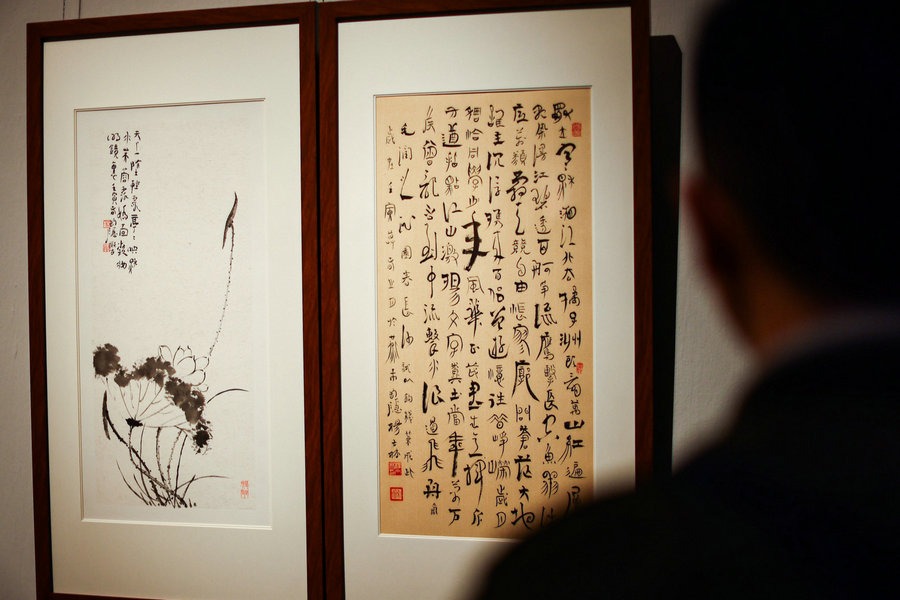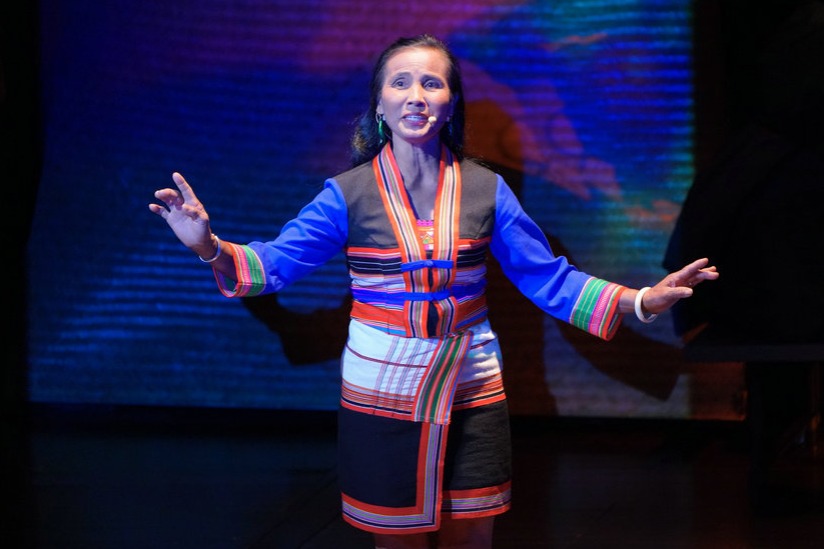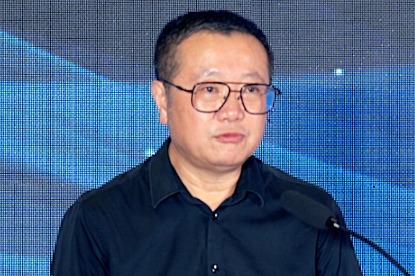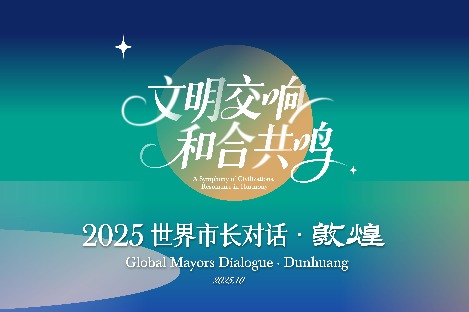China's global initiatives solutions to problems confronting humanity

With China playing an increasingly prominent global role, the Chinese global initiatives are collectively offered as the nation’s solutions to the prevailing conundrums confronting humanity under the current global governance, standing as an embodiment of Chinese wisdom in inclusivity and symbiosis, where the interests of all stakeholders should be addressed beyond the bounds of a zero-sum mindset, said a senior expert.
Ong Tee Keat, president of the Belt and Road Initiative Caucus for Asia Pacific and former deputy speaker of the lower house of the Malaysian Parliament, made the remarks on Tuesday in an exclusive interview with China Daily during the second World Conference on China Studies in Shanghai.
In recent years, China has launched several global initiatives, including the Global Development Initiative, Global Security Initiative, Global Civilization Initiative, Global Governance Initiative, and the prior Belt and Road Initiative. Ong saw them hold that the interests and future of humanity are always intertwined, akin to the saying of “No man is an island,” which is totally averse to being individual-centric, much worse “exceptionalism” in the global governance.
“By and large, the raft of Chinese global initiatives, rooted in the Chinese wisdom which is essentially Oriental, is more amenable to and compatible with the community-centric Asian norms and cultures,” said Ong.
In the face of current global dynamics, Ong sees that the GDI and GSI form the mutually-reinforcing duo, promoting peace through development and development through peace in return, while the GCI provides a Chinese solution to breaking the civilizational silos that impede inter-civilization interaction and understanding, thereby preempting the prophecy of a civilizational clash. The latest roll out of GGI further signifies the Chinese vision of forging an egalitarian, inclusive and symbiotic model of global governance which aligns with the evolving multipolar order.
Deeply engaged in the BRI, Ong also noted that this initiative is a “game changer” that transforms the connectivity and the consequential economic competitiveness across the Asia-Pacific. It not only facilitates the physical infrastructure that resets the logistical landscape, but also enhances people-to-people engagement and exchanges.
He pointed out that the ASEAN Community Vision 2025 and its new extension to 2045 actually broadly aligns with China’s concept of building a community with a shared future for humanity. Yet, the varying level of economic development and diplomatic affinity with China across ASEAN make the bloc a complex heterogeneous entity to deal with.
“The China-ASEAN partnership might have earmarked digital economy, green transformation and electronic commerce as the key thrusts of cooperation. But in reality, what matters most is the respective ASEAN member state’s aspirations and readiness to spearhead the collaborative initiative vis-a-vis China,” said Ong.
He further explained that many Southeast Asian countries have long been under the Western influence, and suggested that continuous trust building remain the key element in nurturing the enduring relations between China and the respective ASEAN member states. To its muscle of soft power in engaging with the local social fabric, the NGO-like entities or the SOEs already established in the Southeast Asian countries are the ideal vehicles to do the necessary outreach.
Meanwhile, Ong highlighted that the great advancements of China in new innovation and cutting edge technologies such as artificial intelligence, space technology and renewable energies are the new inspirational pulls to the young generation worldwide. A futuristic China with a visionary reset of global governance beacons the advent of a new era that the global majority is yearning for.
“The prevailing epistemological asymmetry dominated by the West-centric narratives on contemporary China has to be addressed with a new construct of Chinese civilization-based epistemic narratives, portraying the nation and its trajectory of governance in the right perspective,” said Ong.
“The new breed of researchers and thinkers on China studies should exercise their wisdom to stay above narrow obsession of being reactive to the West’s deluge of disinformation.”




































